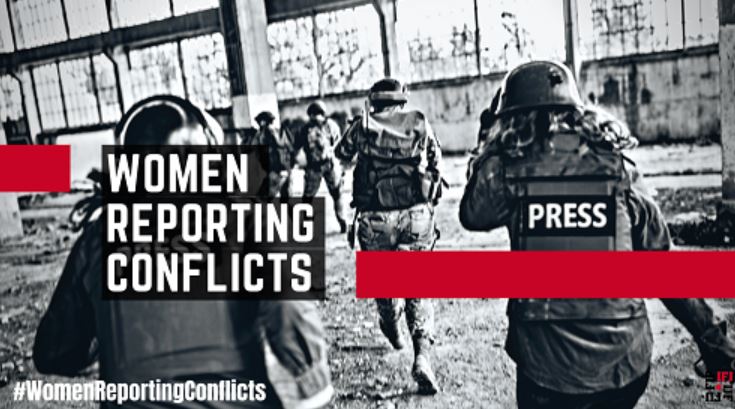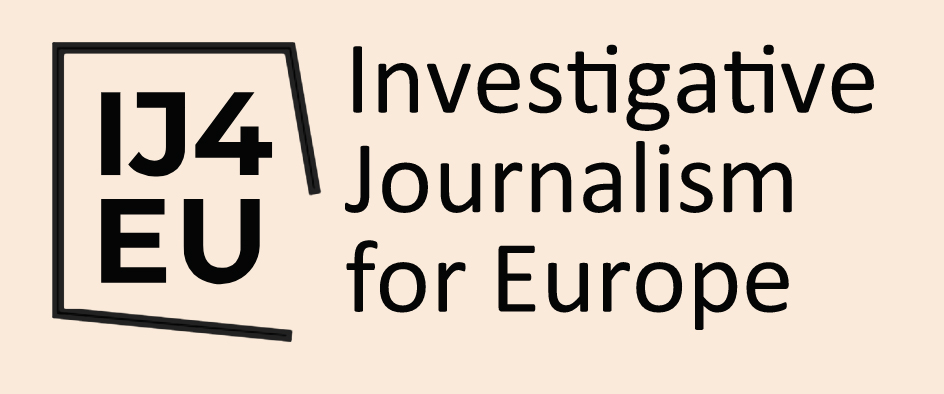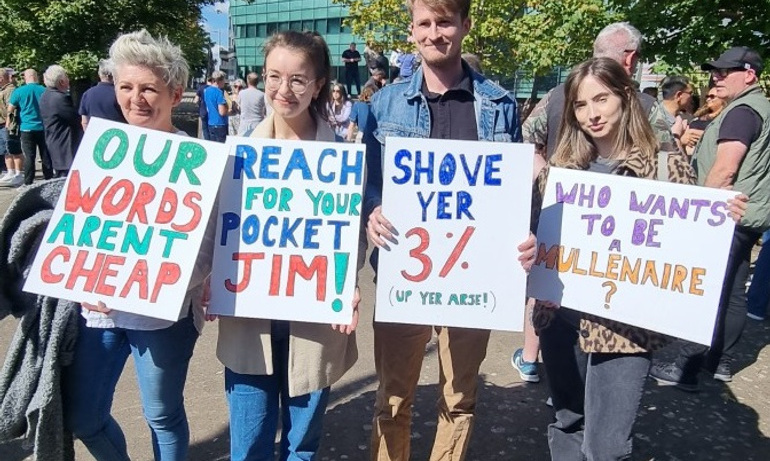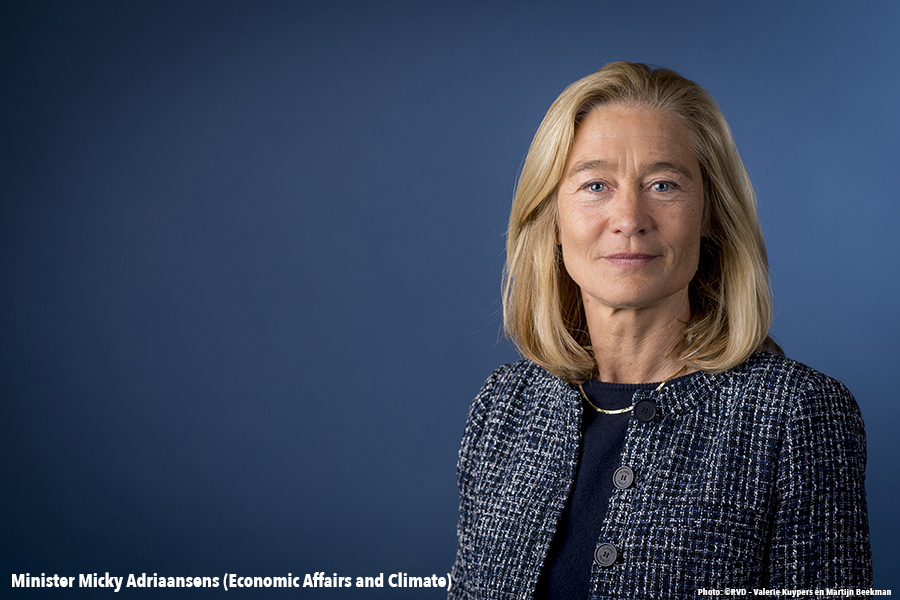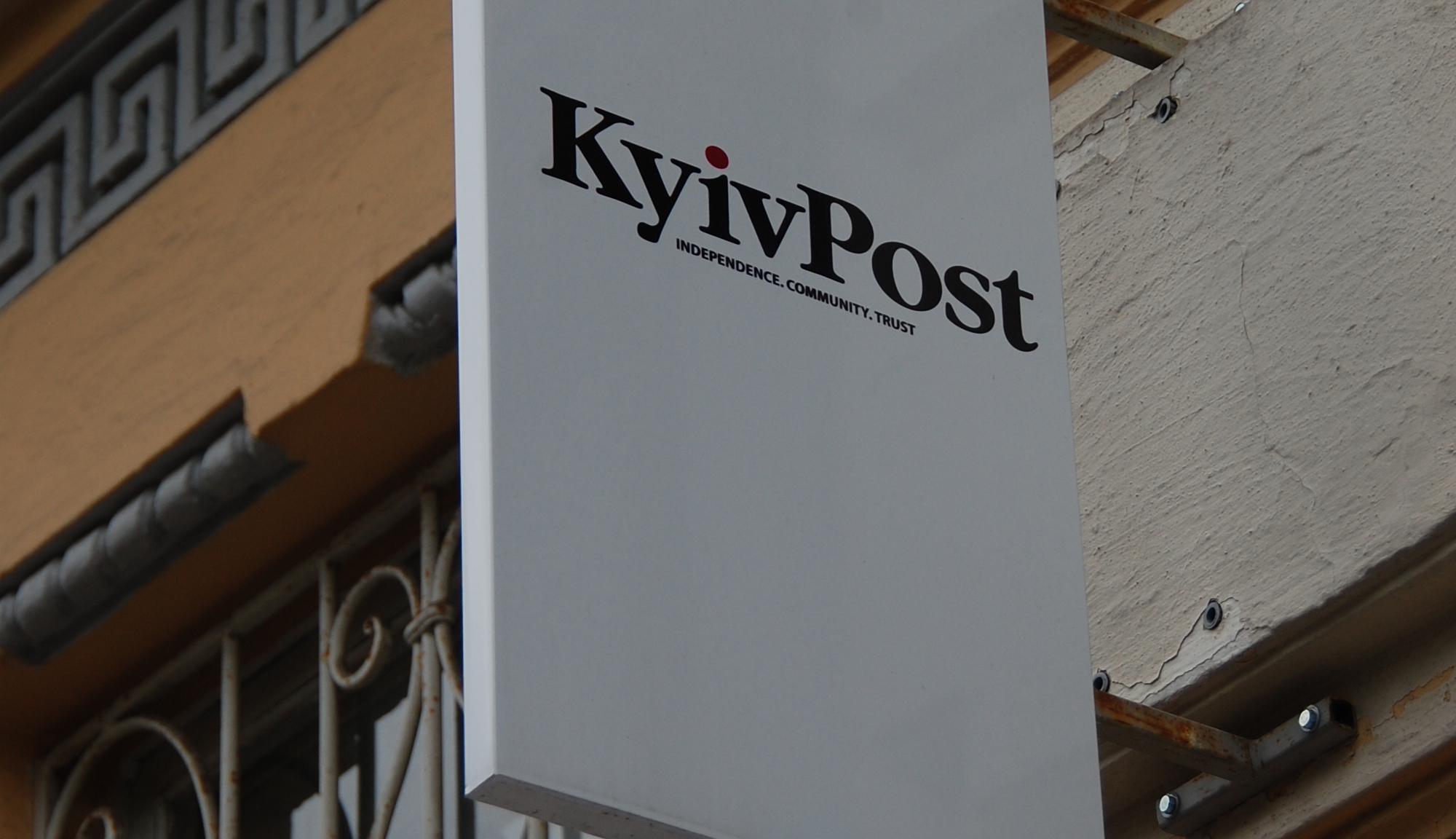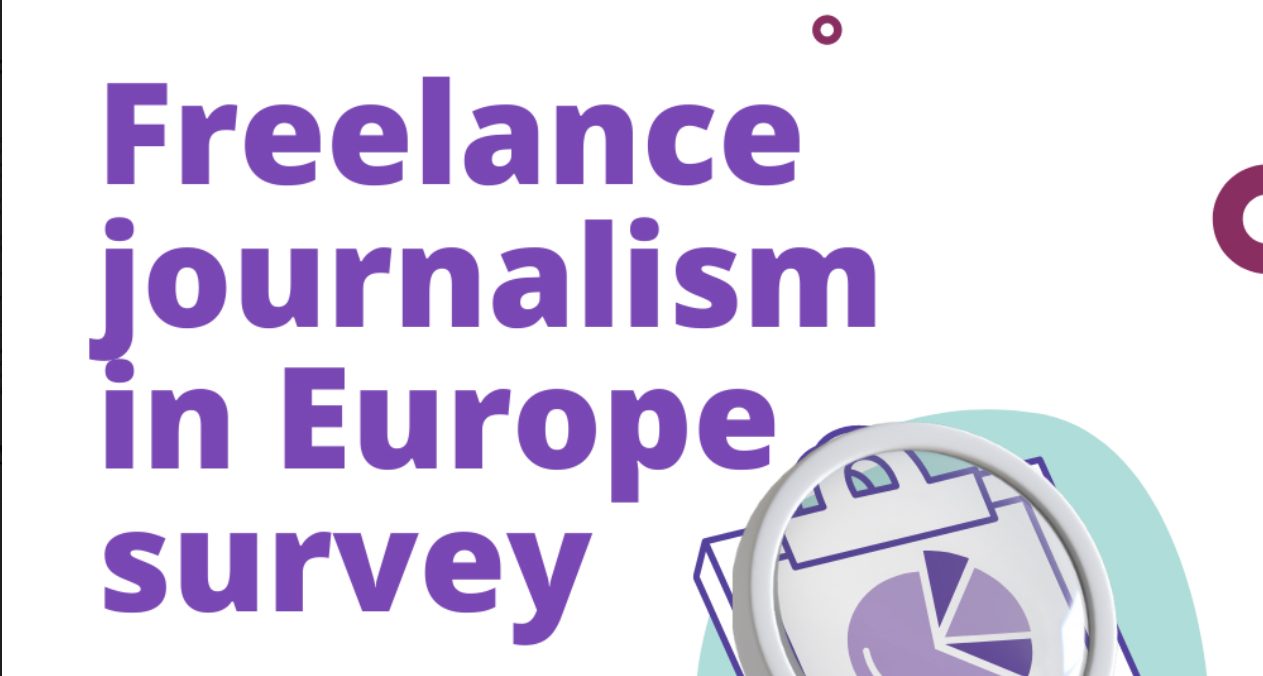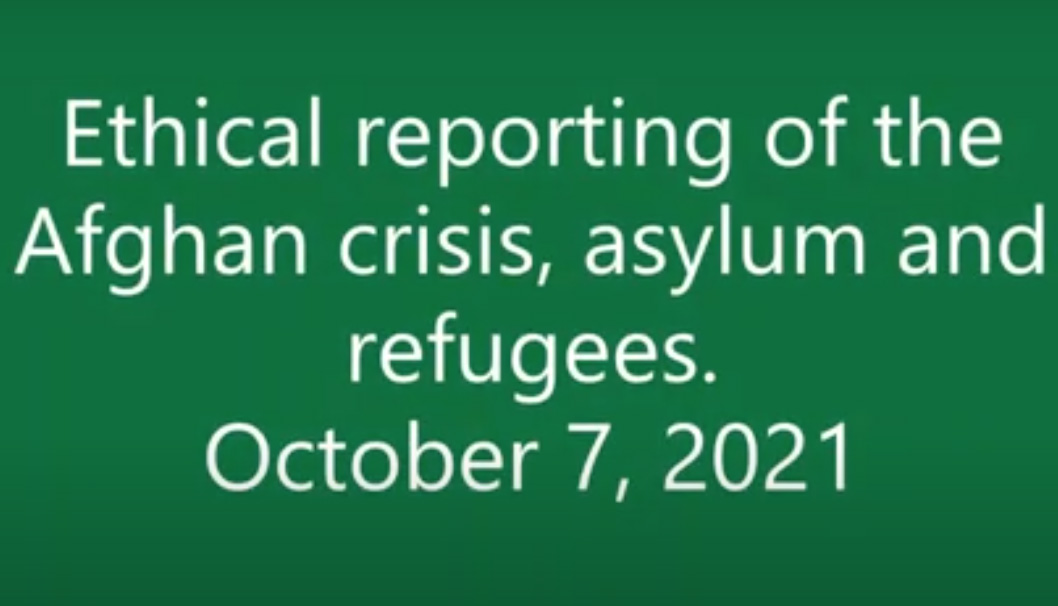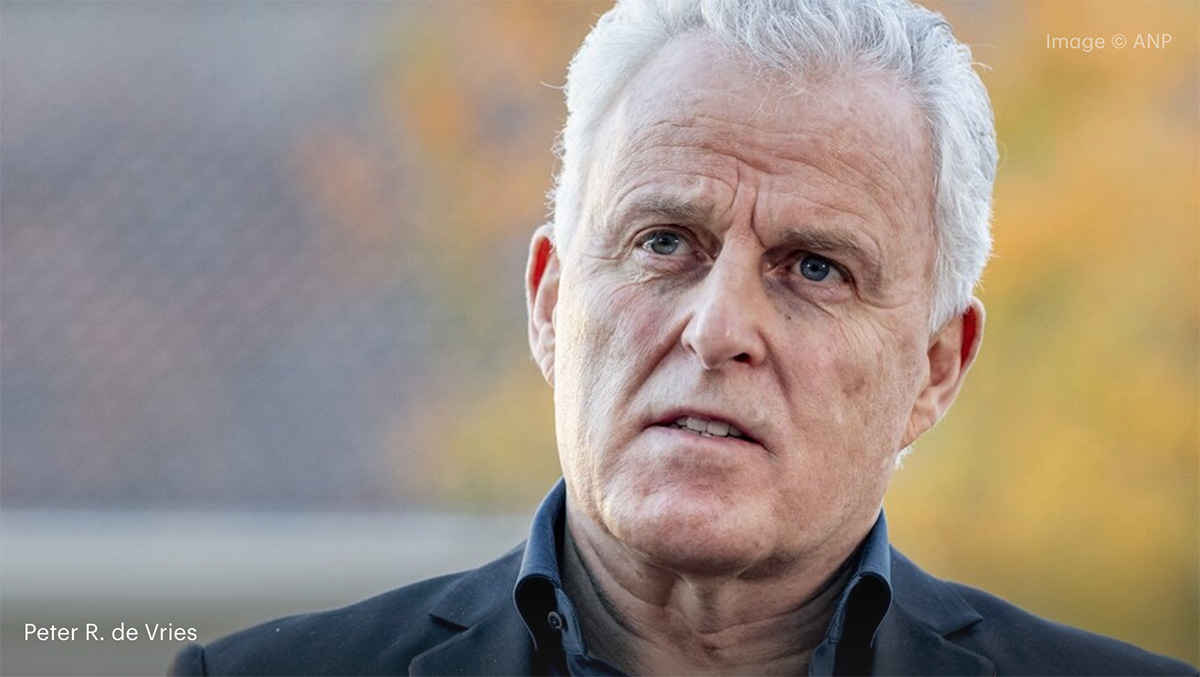
Tony Sheldon, chair of the NUJ Netherlands branch at the protest.
A statement from the chair of the Continental European Council (CEC).
“Words might fail us.
But over 200 journalists, media workers, colleagues, have been killed in a
concerted effort to stop the world hearing their voices, seeing their footage,
reading their words.
So we cannot fail them.
We know what is going on in Gaza because of their bravery as they persevere
day after day under fire, knowing their next report could be their last.
Too many have already shared their last.
And yet, each killing seems more calculated, more deliberate, and each
justification is more flagrant and almost laughable in its contempt for the truth.
The NUJ Continental European branches, like many others, have been
supporting colleagues in Gaza, protesting and lobbying in Europe to demand
an end to the killing, an end to impunity and access to Gaza for all media.
At times like this vigils and protests matter. The world cannot be allowed to
ignore this unique scale of civilian casualties, and this planned assassination of
the voices of a people.

The killing of Hossam Al-Masri, Mohammed Salama, Maryam Abu Deqa, Moaz
Abu Taha, and Ahmad Abu Aziz during the strike on Nasser hospital on Monday
has shocked many, but is not a surprise.
When bombing hospitals, media centres, schools, mosques, churches and
homes is normalised by a State through a well-funded and fine-tuned
propaganda machine, killing journalists is a logical part of the process.
So our continued support for the IFJ Safety Fund, and our solidarity and
actions which the NUJ, and its Continental members have been engaged in
since October 2023 is essential.
Last week, over 400 people, including the Chairs of NUJ Brussels and NUJ
Netherlands joined a call to action from the IFJ and others in Brussels. A call
for an end to the ongoing assassination of journalists and mediacide in Gaza.
The names of the more than 200 journalists killed were read out, recorded,
remembered.

This week, the NUJ’s virtual vigil joined more voices to those across the UK,
Ireland and Continental Europe who will not forget our colleagues in Gaza,
who will not forget those who have paid with their lives, and who will keep
amplifying their voices wherever we can.
As Chair of the Continental European Council, with branches in Brussels, Paris
and the Netherlands, I join my voice to theirs.
We shouldn’t have to say it but we will, again and again
Israel: Stop Killing Journalists in Gaza. Stop the killing now.”
Tony Sheldon chair NUJ Netherlands branch: “I joined the hundreds of
protesters in Brussels for the International Federation of Journalists
(IFJ) event. The day before we had the horrific news of the strike on the Nasser
Hospital which killed another five journalists. One felt the weight of history
upon us. Never before have so many journalists been killed in a conflict. The
mood was grim but resolved: journalists will not be silenced, will not be cowed,
we will get the story, we will speak truth to power.”
Palestine: NUJ deplores killing of Al-Jazeera journalists

The Israeli government has admitted to killing five Al-Jazeera journalists and media workers in an airstrike on a tent outside the al-Shifa hospital in Gaza last night.
At least seven people were killed overall, including camera operators Ibrahim Zaher, Moamen Aliwa, their assistant Mohammed Noufal, and correspondents Mohammed Qreiqeh and Anas al-Sharif. Freelance photojournalist Mohammed Al-Khaldi was also killed in the same airstrike.
al-Sharif was a prominent frontline reporter who had been threatened multiple times by Israel over his coverage of the war and the starvation of the Palestinian people. Once again the Israeli military claimed, without providing evidence, that al-Sharif was a ‘terrorist’ – though it did not comment on the five other media workers killed. Al-Jazeera rejected the claims, calling it a “targeted assassination […] in yet another blatant and premeditated attack on press freedom” and a “desperate attempt to silence the voices exposing the impending seizure and occupation of Gaza.” Over the last 22 months, Al Jazeera’s core team in Gaza has been wiped out with numerous journalists injured or killed by Israeli forces, who have also raided and shut down the organisation’s bureau in the occupied West Bank.

Last week the NUJ joined the International Federation of Journalists (IFJ) and the Palestinian Journalists’ Syndicate in condemning the smear campaign against Palestinian journalists. According to the IFJ, at least 196 journalists and media workers – including 181 Palestinians – have been killed since 7 October 2023 making this the deadliest war for our industry in recent history.
A statement posted to al-Sharif’s X account following his death said: “I have lived through pain in all its details, tasted suffering and loss many times, yet I never once hesitated to convey the truth as it is, without distortion or falsification.”
Laura Davison, NUJ general secretary, said:
“This is a horrific attack. We extend our deepest sympathies to the families of the murdered journalists and their colleagues. Journalists have specific rights under international law and once again these rights have been violated while other civilians have been killed as collateral damage. Israel has denied foreign reporters access to Gaza while systematically discrediting, targeting and killing local journalists. These are the activities of a government that does not want the world to witness its actions.
“That the Israeli military openly admits to these atrocities brings into sharp focus the need for international action to end this impunity. We once again reiterate our call for the UK government, who claim to be committed to press freedom, to exert serious pressure to protect journalists, uphold international law and support an investigation by the International Criminal Court into the blatant targeting of journalists and media workers by Israeli forces. There must be immediate international action to end this obscene behaviour.”
Anthony Bellanger, IFJ general secretary, said:
“After a smear campaign against Gaza’s journalists, Israel has killed five Al Jazeera staff in a tent housing journalists. The deliberate targeting of journalists is a war crime and Israeli leaders must be held accountable for their heinous actions. We condemn in the strongest possible terms this deliberate killing of our colleagues and we stand in solidarity with all staff at Al Jazeera and our colleagues working in Gaza under such unacceptable circumstances.”
Last week the NUJ shared an open letter for members to sign – please add your name if you haven’t done so already. We have also continued to encourage donations to the IFJ Safety Fund, which offers practical help and solidarity.

RSF World Press Freedom Index 2025: economic fragility a leading threat to press freedom
Although physical attacks against journalists are the most visible violations of press freedom, economic pressure is also a major, more insidious problem. The economic indicator on the RSF World Press Freedom Index now stands at an unprecedented, critical low as its decline continued in 2025. As a result, the global state of press freedom is now classified as a “difficult situation” for the first time in the history of the Index.
Full the full story, click here.
The Kyiv Independent’s Documentary Screening in Amsterdam and Den Haag
Valeriia Snopkova is the producer of “Can You Hear Me? The Invisible Battles of Ukrainian Military Medics”, a documentary by The Kyiv Independent that explores the mental health struggles of Ukrainian military medics. As part of a second European tour, she is bringing the film to Amsterdam on March 16 and Den Haag on March 17 with the support of the Embassy of Sweden and the Embassy of Ukraine in the Netherlands.
She said: “Our goal is to engage European leaders, journalists, and key decision-makers in an urgent conversation about the realities of war and the resilience of those on the front lines. We would deeply appreciate your help in spreading the word—sharing invitations with activists, key community members, and students who would benefit from attending. And, of course, we would be grateful if you could join us for the screening.”
Please find all the necessary information below.
Amsterdam and The Hague Screenings | Info
The documentary “Can You Hear Me? The Invisible Battles of Ukrainian Military Medics” follows a group of Ukrainian military medics as they travel from the heat of battle in war-torn Ukraine to the serene forests of Sweden for a mental health retreat. For the first time since 2022, these medics have a chance to process the trauma they have experienced – grappling with the loss of brothers-in-arms, surviving Russian captivity, and the weight of guilt over soldiers they couldn’t save. The film is directed by Francis Farrell and Olena Zashko and produced by Kyiv Independent.
The Kyiv Independent, in partnership with the Embassy of Sweden andthe Embassy of Ukraine in the Netherlands, will be hosting two screenings. You can choose the city that suits you best. The film will be screened in Ukrainian with English subtitles, followed by a discussion with the film’s authors in English.
Amsterdam Screening:
- Date: March 16, 2025, at 19:00
- Location: Filmtheater Kriterion, Roetersstraat 170, 1018 WE Amsterdam, Netherlands
- The film will be screened in Ukrainian with English subtitles, followed by a discussion with the film’s authors in English. The moderator is Simone Peek, an independent Dutch journalist and writer who has been covering Ukraine since 2022 and co-hosts an investigative journalism podcast.
- Sign up for Amsterdam: https://forms.gle/y8BM2QmYPUp69sUN8
The Hague Screening:
- Date: March 17, 2025, at 16:00
- Location: Filmhuis Den Haag, Spui 191, 2511 BN Den Haag, Netherlands
- The film will be screened in Ukrainian with English subtitles, followed by a discussion with the film’s authors in English. The moderator is Yana Rudenko, a Ukrainian activist and student leader who co-founded DroneAid and the ABBA student association, advocating for Ukraine.
- Sign up for The Hague: https://forms.gle/n9Ep3s2XRGAxrSLN8
More About the Tour:
- Article on The Kyiv Independent website: https://kyivindependent.com/kyiv-independents-film-about-military-medics-will-be-screened-in-6-more-european-cities/
Please let me know if you need anything else! Looking forward to seeing you at the screenings!
Best regards,
v.snopkova@kyivindependent.com
New Dutch tax law could affect editorial freelancers
The new Dutch law on freelance working, the Clarification of Assessment of Employment Relations and Legal Presumption (VBAR) law is set to come into force.
It is not yet clear how this will affect our freelance journalist members but it is seems certain criteria will need to be met if members are not to be deemed bogus self-employees by the government and tax authorities. This may affect not just you but also the clients to whom you work for.
Here are some notes used for a discussion at NUJ Netherlands branch meeting in October.
The government wants to clarify when someone is freelance or when they are acting as employees. The former Minister of Social Affairs and Employment, KarienVan Gennip sent the bill, Verduidelijking Beoordeling Arbeidsrelaties en Rechtsvermoeden (VBAR) to the Council of State last June.
Many self-employed people consciously choose entrepreneurship and thus make an important contribution to the economy.
But there is also a downside to the rapid growth in the number of self-employed people. In some cases there is so called forced bogus self-employment. Here employers are treating freelancers as staff while not affording them staff benefits. There are also concerns for the Dutch economy. If large groups of workers who are in fact employees do not contribute to employee insurance (such as unemployment insurance), the burdens are no longer fairly distributed.
And though not likely to be on the statute book until 2026, the tax authorities will begin next year to enforce the rules based on criteria derived from case law, in particular the so-called Deliveroo 2023
Supreme Court judgment which ruled the workers were staff not self-employed and laid down criteria for assessing this.
In many cases these rules are clear. But for some of the assignments it is more difficult to say whether there is an employment contract or whether the work may be carried out by a self-employed person.
To help, the government is including in the new law a legal presumption of employment, based on an hourly rate.
Making it easier for workers at the bottom of the labour market to claim an employment contract with the employer and, if necessary, with the court. If a worker (or a representative, for example a trade union) invokes the legal presumption, he must prove that he is paid less than the applicable hourly rate €33. It is then up to the employer to demonstrate that there is no employment contract.
The law will also clarify ‘criteria that indicate employment’. By contrast, there are also, counter, criteria that point to ‘independence’. The law look at whether there indications of ’employeeship’, such as management by a manager or employed colleagues who do the same work?
Alternatively are there indications of ‘independence’ within the assignment, for example, does someone work for ‘own account and risk’. Does anyone have multiple clients per year? Does anyone make investments in their own company?
2025 will apparently be a transition year in which these companies will not yet be fined provided they can prove that they are taking steps to combat bogus self-employment. The government wants to achieve a ‘soft landing’ for self-employed people and companies.
However, the NVJ magazine, Villa Media in August, explains that from January 1, 2025, the Tax Authorities will begin explicitly to enforce the proposed law on bogus self-employment. It now appears that this will cause difficulties for freelance editorial services in the future.
They describe it as “a difficult message for self-employed people who would like to continue their current freelance editorial services”.
Companies that hire self-employed persons for “non-independent work” may risk fines and additional assessments if they do not correctly qualify the employment relationship. I’m thinking here of the various English-language news agencies and platforms. How will they be effected?
However, freelance journalism remains possible within the proposed framework regulations.
The NVJ’s freelance officer Milen van Boldrik, offers in this article guidelines to assess your work structure and situation.
These include: What should you pay attention to in order to continue working as a freelance journalist? In other words, when are you a real entrepreneur and do you deviate from employment?
Certain guidelines can be drawn from the Deliveroo ruling. You are an independent entrepreneur if
you:
- are hired for your specific expertise;
- are hired for an assignment with a beginning, end point and end result;
- have the freedom to decide for yourself how you carry out the assignment. The client may not dictate how exactly you should carry out the assignment;
- have the freedom to determine your own working hours and workplace;
- have multiple clients;
- behave as an entrepreneur: you have your own website, spend time finding new clients, invest in materials or knowledge, have a Chamber of Commerce registration, etc.;
- determine rates yourself or at least in equal consultation – the amount is also important. You really have to be able to support yourself as an independent entrepreneur;
- use your own materials, such as laptop/camera or editing programs; do not do exactly the same work as employees; you do not work side-by-side with employees who perform similar work
in a workplace; - are free to also work for competitors – non-competition clauses are not allowed
for self-employed entrepreneurs.
For more information, in English and Dutch, see.
https://www.crowe-peak.nl/en/
https://www.rijksoverheid.nl/actueel/nieuws/2024/06/21/meer-duidelijkheid-
over-werken-met-en-als-zelfstandige-wetsvoorstel-naar-raad-van-state.
https://www.nvj.nl/nieuws/waar-moet-ik-voldoen-ik-wil-blijven-freelancen
https://www.pzo.nl/nieuws/pzo-stuurt-brief-aan-raad-van-state-over-vbar/
https://efkbelastingadviseurs.nl/aanpassingen-in-de-vbar-voorafgaan-aan-de-beoordeling-door-de-raad-van
2023 “one of the worst years” for killing of journalists says IFJ
70% of journalists’ deaths in 2023 occurred in war in Gaza
Last year was among the deadliest for journalists since the International Federation of Journalists started its Killing List over three decades ago.
The IFJ’s 33rd annual report on the deaths of journalists and media staff confirmed the deaths of 129 media professionals, including 14 women.
One of the 129 died in an accident and the rest of them were killed and the report notes that the death toll soared from 7 October, with 70% of deaths in 2023 occurring in the war in Gaza.
The IFJ also reported that the Middle East and the Arab world is by far the deadliest region in the world with 93 killings registered.
Of these, 83 were in Palestine, four in Israel and three in Lebanon, following the 7 October start of the war in Gaza. Three further deaths were recorded in Syria.
In addition to the terrible mortality rate among journalists in the Gaza war, media professionals continue to be murdered elsewhere in the world.
In 2023, 12 journalists were killed in Asia-Pacific, 11 in the Americas and eight in Africa – plus one accidental killing in Rwanda – and four deaths in Europe.
The IFJ released an initial list of journalists killed ahead of UN Human Rights day on 8 December and a final list on 31 December.
Today’s publication reveals that the further increase in the total is the result of investigations into the deaths of journalists in Gaza. At the beginning of 2024, the federation was able to verify eight more cases of local journalists killed in the enclave at the end of 2023 and add them to the annual report.
The IFJ report also recorded there were 427 journalists and media workers held behind bars in 2023. China (80) is the world’s leading jailer of journalists, followed by Myanmar (51), Turkey (41), the Russian Federation (40) and Belarus (35).
IFJ General Secretary Anthony Bellanger said: “While we always remind journalists that no story is worth their life, there are too many situations where they are deliberately targeted to cover up stories and restrict the public’s right to know.
“It is a democratic right of citizens to be duly informed; it is governments’ responsibility to ensure journalists are protected to report independently. The deadly figures from this year illustrate how badly we need an international binding instrument forcing states to adopt key mechanisms to protect journalists’ safety and independence”
